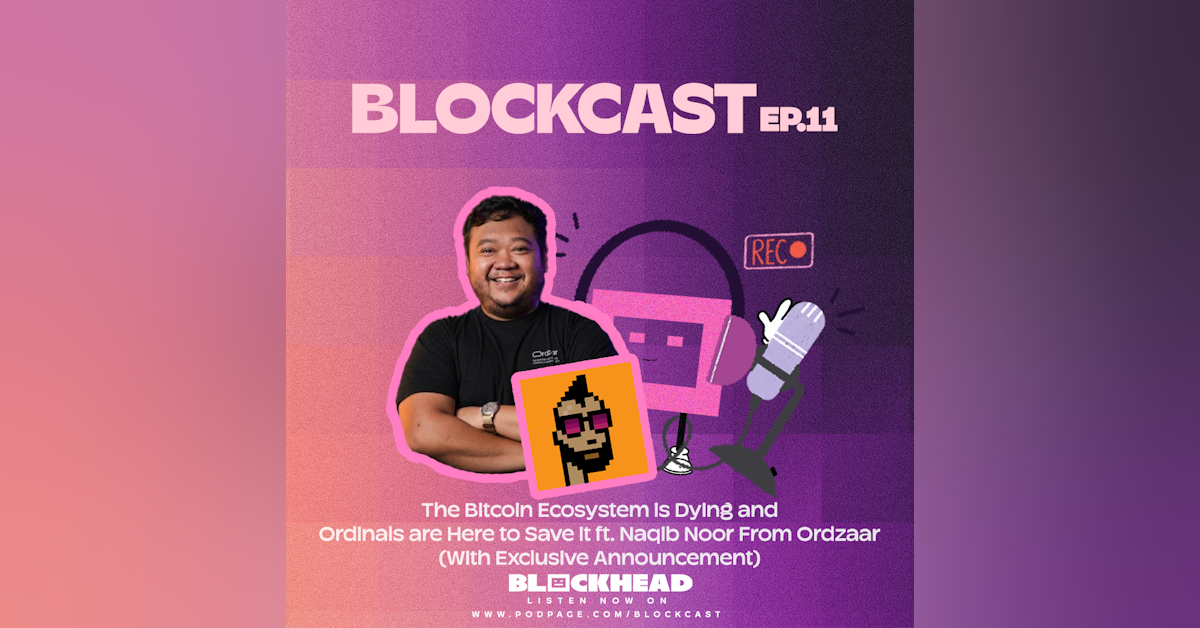Table of Contents
Crypto platform OKX has announced the integration of four inscription token standards – Atomicals (ARC-20), Stamps (SRC-20), Runes, and Dogecoin's Doginals (DRC-20) – to its OKX wallet and marketplace to make trading more accessible.
From February 5, OKX Wallet users will gain access to the Bitcoin token standard SRC-20, enabling the viewing and transfer of inscription standards. The subsequent integration of ARC-20, DRC-20, and Runes later in the month will further enhance user capabilities. The OKX Marketplace is also set to incorporate DRC-20, ARC-20, and Runes, offering millions of users a platform for zero-fee trading of these inscriptions, according to an announcement on Monday.
We're the first-to-market with four new inscription token standards across #Web3 Wallet and Marketplace:
— OKX (@okx) January 29, 2024
◼️ Atomicals
◼️ Stamps
◼️ Runes
◼️ Doginals
Details here: https://t.co/c0LAuwKrhP pic.twitter.com/wkKpHUShe8
This strategic enhancement significantly enlarges the scope of OKX's inscriptions marketplace, making it the industry's largest with a diverse range of token standards. OKX's advanced tool for inscriptions currently supports minting on 23 networks, including major blockchains like Bitcoin, Dogecoin, Ethereum, and others.
Jason Lau, OKX's chief innovation officer, emphasized the company's dedication to driving mainstream Web3 adoption. He highlighted the new inscriptions ecosystem as a testament to this commitment, simplifying access and breaking down barriers in the digital asset space.
The Rise of Inscriptions in the Blockchain World
Inscriptions, akin to digital metadata on the blockchain, are similar to NFTs but offer broader functionalities, and crucially allow for metadata like images or video to recorded directly on-chain. Initially developed on the Bitcoin network, their use has expanded across various cryptocurrencies, transforming digital asset management and transactional data integration.
Dune data shows close to 58.5 million Bitcoin ordinals, the most well-known form of inscriptions, since their launch last year, with over $167 million spent on BRC-20 fees.
Their increasing popularity stems from their versatility in token creation and data integration, presenting new opportunities in the blockchain space. However, these innovations are not without challenges, including scalability, network congestion, and verifying real-world data authenticity.











